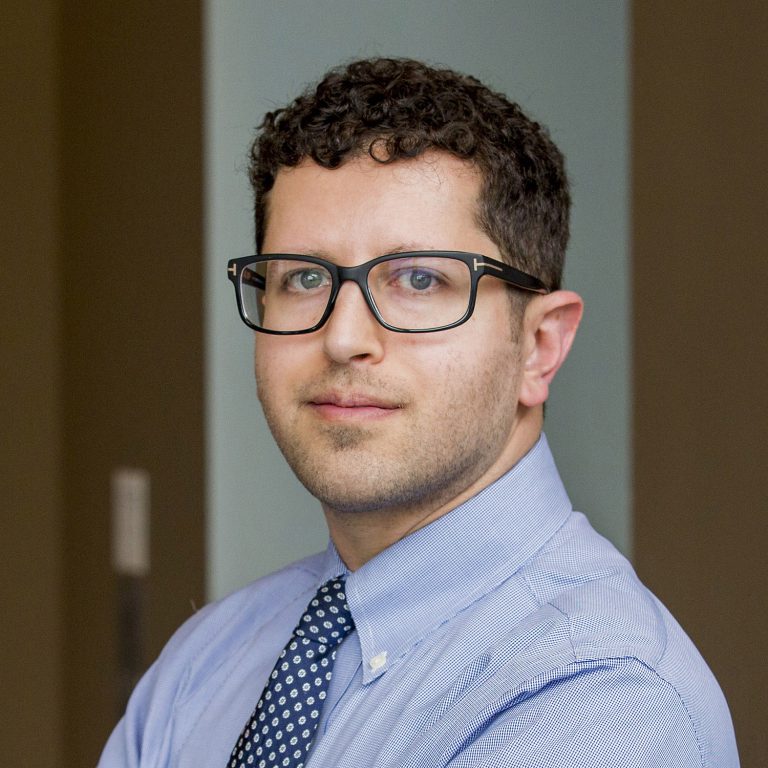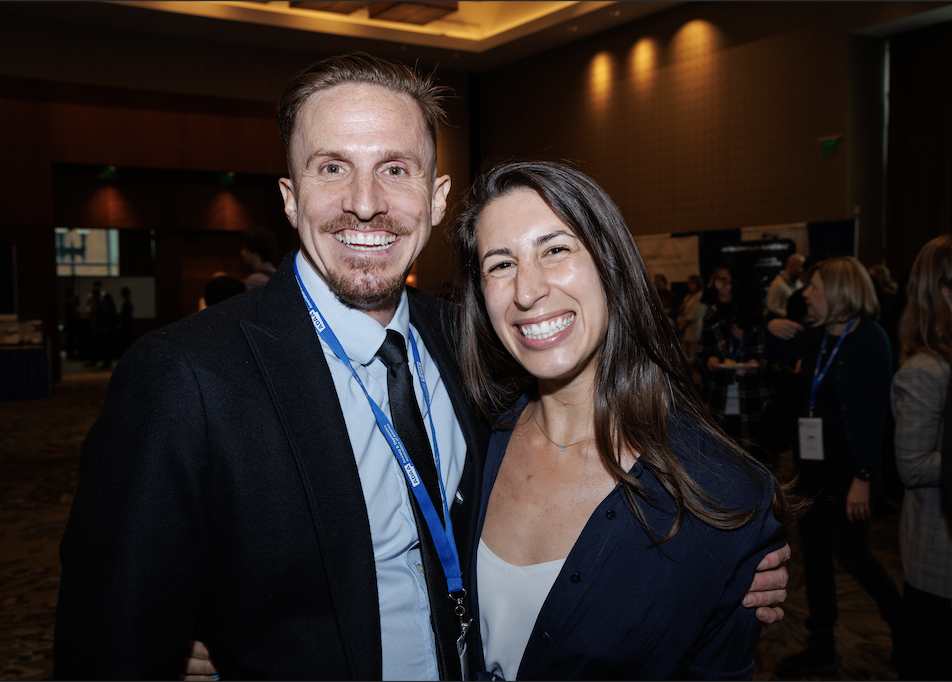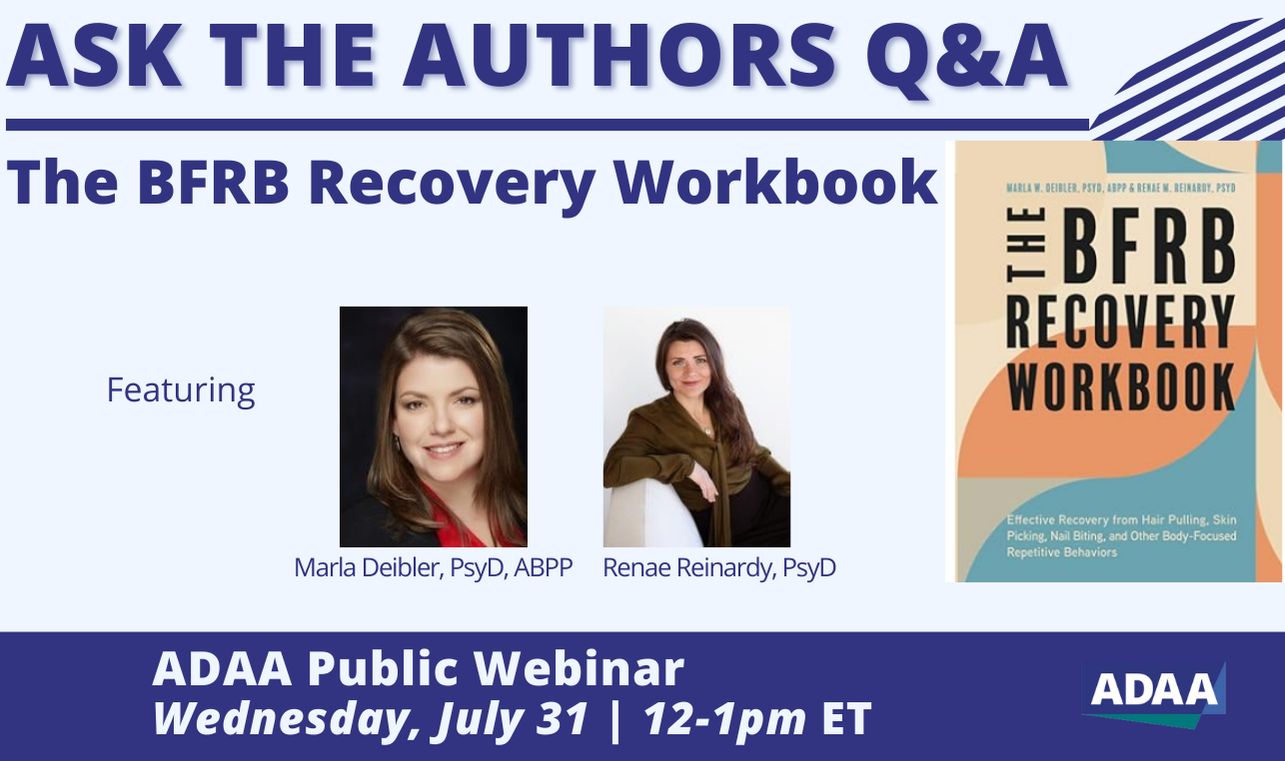
July 31, 2024
Marla Deibler, PsyD
and
Renae M. Reinardy, PsyD
and
Dr. Marla Deibler and Dr. Renae Reinardy, authors of The BFRB Recovery Workbook, answer questions from a live audience about BFRB and their self-paced workbook.
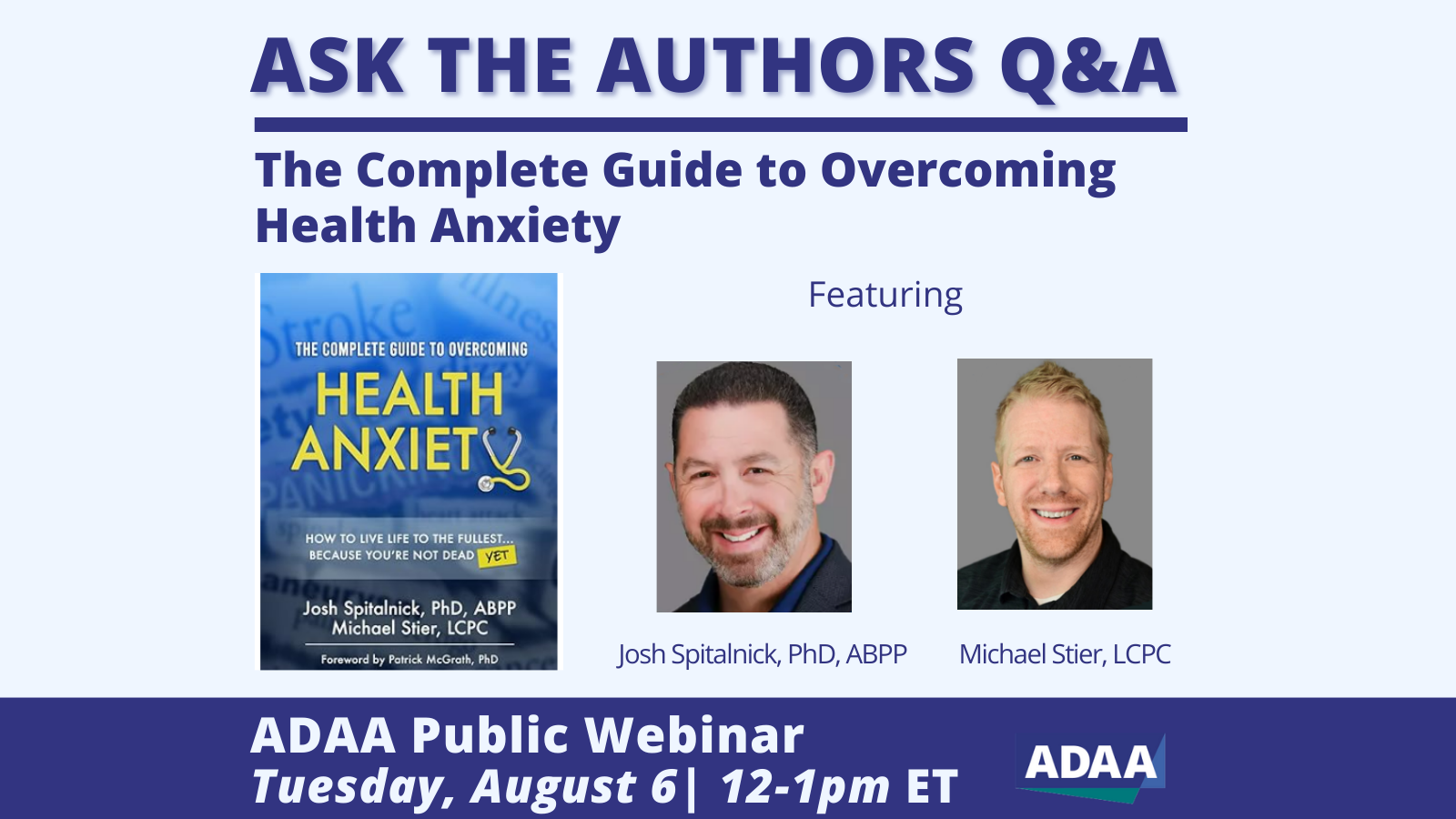
August 6, 2024
Josh Spitalnick, PhD, ABPP
and
Michael Stier, LCPC, LPC, NCC
and
This recorded webinar presented by authors Josh Spitalnick, PhD, and Michael Stier, LCPC, discusses their book, "The Complete Guide to Overcoming Health Anxiety: How to Live Life to the Fullest...Because You're Not Dead (Yet)."
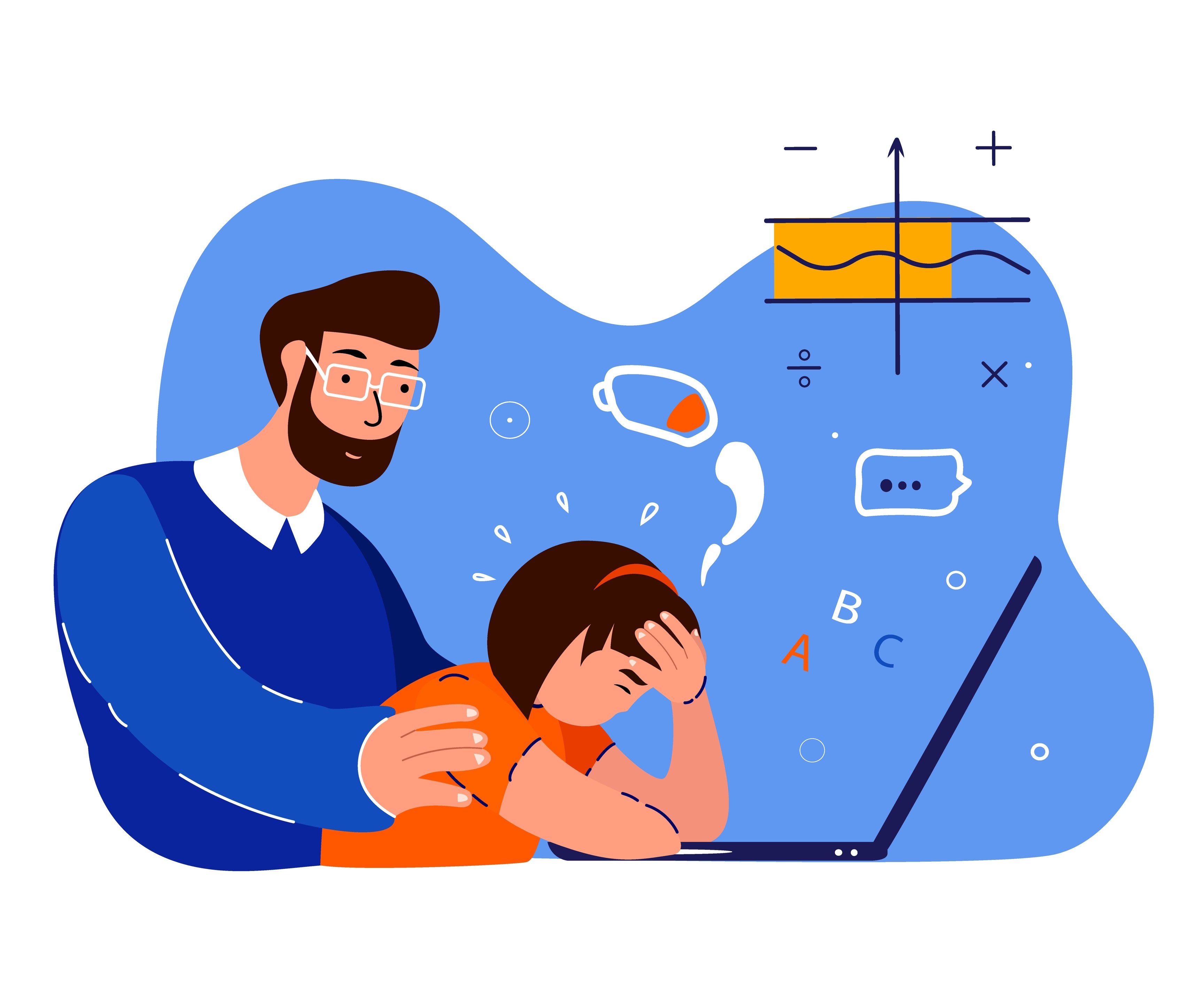
June 27, 2024
Peter W. Tuerk, PhD
and
This CE/CME eligible webinar is focused on increasing patient homework compliance in evidence-based treatment for PTSD via the application of behavioral theory, specified clinical techniques, and the use of easily available technologies.
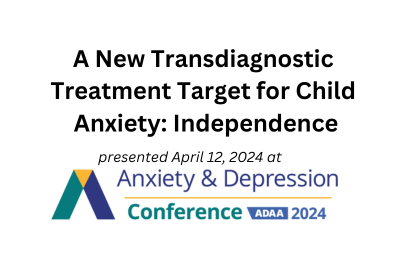
April 12, 2024
Camilo Ortiz, PhD
and
Anne Marie Albano, PhD, ABPP
and
Mary Karapetian Alvord, PhD
and
Matthew Fastman, MS
and
This roundtable of leaders in the field of child anxiety with the goal of discusses a refocusing of CBT on the construct of child independence to bring effective treatment to far more children, reduce clinician, parent, and child resistance to treatment, and increase effect sizes. IFT is described, and preliminary data on its effectiveness is presented. The role of resilience as an outcome of independence and a possible transdiagnostic mechanism in the treatment of child
anxiety is also discussed. How to adapt independence activities for children who live in inner-city, rural, and suburban settings is discussed.
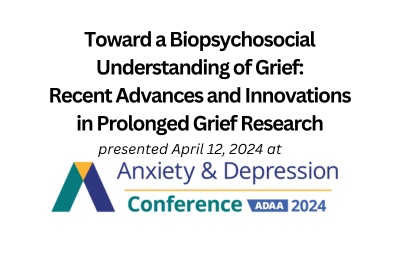
April 12, 2024
Donald J. Robinaugh, PhD
and
Mary-Frances O'Connor, PhD
and
Matteo Malgaroli, PhD
and
Sydney Friedman, MA
and
Naomi Simon, MD
and
ADAA 2024 Conference Recorded Presentation
This symposium presents a series of studies working from a biopsychosocial systems framework and using a range of innovative methods to better understand and predict prolonged grief.
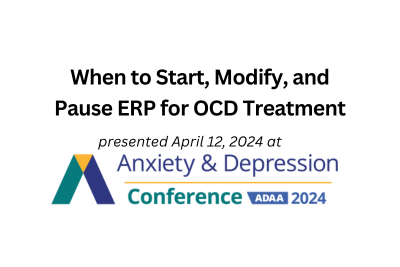
April 12, 2024
Tyler Grove, PhD
and
ADAA 2024 Conference Recorded Presentation by Tyler Grove, PhD – University of Michigan, Department of Psychiatry.
This talk aims to unpack the decisions behind starting, modifying, and pausing ERP with a patient. We will examine example cases and apply research findings to develop guidelines for this challenging decision-making process.



